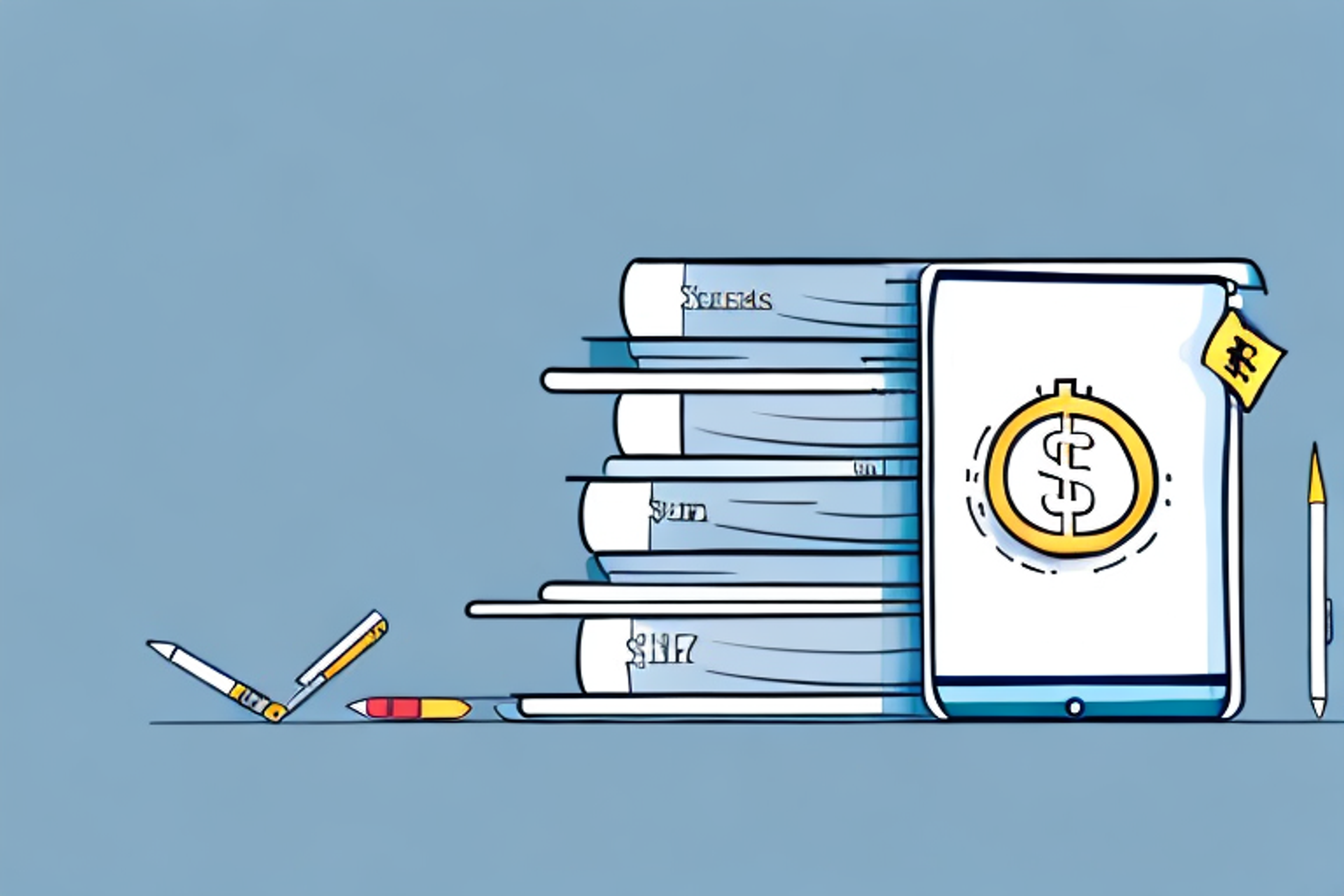PA Schools Tuition: A Comprehensive Guide to Understanding the Costs
Are you considering sending your child to a Pennsylvania school but worried about the tuition costs? Look no further than our comprehensive guide to understanding PA school tuition.
Posted June 13, 2025

Table of Contents
Higher education can be a life-changing opportunity, but it comes at a cost. In Pennsylvania, as in many other states across the US, the cost of tuition is on the rise. Students and families must navigate a complex system of fees, financial aid, and hidden costs to understand the true cost of education. In this guide, we will explore the many components that make up the cost of tuition, and offer tips and strategies for reducing financial barriers to higher education.
Why the cost of education in Pennsylvania is higher than other states
Pennsylvania is home to many excellent colleges and universities, but the cost of education in the state tends to be higher than in other states. One reason for this is that Pennsylvania has a higher overall cost of living compared to many other states. In addition, the state has seen a decline in state funding for public colleges and universities over the last decade. This has led to higher tuition costs for students and families.
Another factor contributing to the higher cost of education in Pennsylvania is the state's high demand for skilled workers in industries such as healthcare, technology, and finance. This demand has led to an increase in the number of specialized programs and courses offered by colleges and universities, which often come with a higher price tag.
Furthermore, Pennsylvania has a large number of private colleges and universities, which tend to have higher tuition costs than public institutions. While these private institutions often offer more personalized attention and resources to their students, the higher cost can be a barrier for many families seeking affordable higher education options.
Public vs Private Schools: Which is more affordable?
When it comes to choosing a college or university in Pennsylvania, one question to consider is whether to attend a public or private institution. Public colleges and universities in Pennsylvania are generally more affordable than private schools, but this can depend on a range of factors, including the individual school and the financial aid package offered.
It's important to note that while public schools may have lower tuition costs, private schools often have more resources available for financial aid and scholarships. Additionally, private schools may offer more personalized attention and smaller class sizes, which can lead to a better overall educational experience. Ultimately, the decision between attending a public or private school should be based on individual needs and priorities.
How to calculate the true cost of tuition
When calculating the cost of tuition at a particular school, it is important to consider all of the fees and charges that may be associated with attendance. This can include things like housing costs, transportation expenses, and textbooks. To get an accurate estimate of the true cost of tuition, students and families should take the time to carefully review the school's financial aid materials and consult with a financial aid advisor.
It is also important to consider the potential return on investment of a particular degree program when calculating the true cost of tuition. While some programs may have higher tuition costs, they may also lead to higher paying jobs after graduation. On the other hand, some lower cost programs may not have as high of a return on investment. Students should weigh the potential earnings against the cost of tuition to determine the true value of a degree program.
Hidden fees and charges: What to watch out for
In addition to the upfront cost of tuition, there may be many hidden fees and charges that can add up over time. These can include technology fees, application fees, and even late payment fees. It is important for students and families to carefully review all financial disclosures from the school to ensure that they are aware of these charges and can plan accordingly.
One type of hidden fee that students should be aware of is the cost of textbooks and course materials. Some schools require students to purchase textbooks directly from the school or a specific vendor, which can be more expensive than purchasing them elsewhere. Additionally, some courses may require access codes or online materials that come with an additional cost.
Another potential hidden cost is the price of transportation to and from campus. If a student lives off-campus or commutes to school, they may need to pay for gas, parking, or public transportation. It is important to factor in these costs when budgeting for college expenses.
Grants, scholarships and other financial aid options available in PA
There are many different types of financial aid available to students in Pennsylvania, including grants, scholarships, and work-study programs. These programs can help to offset the cost of tuition and other expenses, but it is important to apply early and thoroughly research each opportunity to maximize your chances of receiving aid.
One of the most popular forms of financial aid in Pennsylvania is the Pennsylvania State Grant. This grant is awarded to eligible undergraduate students who demonstrate financial need and are enrolled in a degree program at an approved Pennsylvania college or university. The amount of the grant varies based on factors such as financial need, enrollment status, and the cost of attendance.
In addition to state grants, there are also many private scholarships available to students in Pennsylvania. These scholarships are often awarded based on academic merit, community involvement, or other criteria. Some examples of private scholarships in Pennsylvania include the Pittsburgh Promise Scholarship, the Philadelphia Education Fund Scholarship, and the PNC Bank Scholarship.
The impact of student loans on your future finances
For many students, taking out loans is an unavoidable part of attending college or university. While loans can provide valuable financial support, they can also have a significant impact on your future finances. It is important to understand the terms of any loans you take out and to consider the long-term implications of this debt.
One of the biggest factors to consider when taking out student loans is the interest rate. The higher the interest rate, the more you will end up paying back over time. It is important to shop around and compare interest rates from different lenders to ensure you are getting the best deal possible.
Another important consideration is the repayment plan. Some loans require immediate repayment after graduation, while others offer a grace period before payments are due. It is important to understand the terms of your repayment plan and to budget accordingly to ensure you can make your payments on time and avoid defaulting on your loans.
Tips for reducing the overall cost of tuition
There are many strategies that students and families can use to reduce the overall cost of tuition. This can include taking advantage of early application deadlines, seeking out scholarships and grants, considering community college or vocational schools, and exploring work-study programs.
Comparing tuition rates across different colleges and universities in PA
When considering different schools in Pennsylvania, it is important to compare the cost of tuition and fees across institutions. This can help you to identify the most affordable option and to make an informed decision about where to apply.
Understanding the difference between in-state and out-of-state tuition fees
For students who are considering attending college or university outside of their home state, it is important to understand the difference between in-state and out-of-state tuition fees. Out-of-state tuition rates can be significantly higher, so it is important to factor this in when calculating the overall cost of attendance.
How to negotiate with colleges for a better financial aid package
While financial aid packages are generally not negotiable, there are some circumstances in which students and families may be able to appeal for additional aid. This can include situations where a student's financial circumstances have changed significantly since they filed their initial aid application.
Pros and cons of taking a gap year to save money on tuition
For some students, taking a gap year between high school and college can be a smart financial decision. By working and saving money during this year, students can potentially reduce their reliance on loans and other forms of financial aid. However, there are also potential drawbacks to consider, including the impact on academic momentum and the potential for lost ground in terms of career preparation.
Overcoming financial barriers to higher education in PA
While the cost of tuition can be a significant barrier to higher education, there are resources available to help students and families overcome financial obstacles. This can include working with a financial aid advisor, aggressively pursuing scholarships and grants, and seeking out alternative funding sources like private loans or crowdfunding platforms.
The long-term benefits of investing in your education
While the cost of tuition can be daunting, it is important to remember that a college or university education can have long-term financial benefits. These can include increased career opportunities, higher earning potential, and improved job security.
Exploring alternate paths to a degree, such as online learning or vocational schools
For students who are interested in pursuing higher education but are concerned about the cost of tuition, there are many alternative paths to consider. Online learning programs, vocational schools, and community colleges can all be excellent options for students who want to learn new skills and advance their career prospects without taking on a significant amount of debt.
In conclusion, the cost of tuition in Pennsylvania can be a significant financial burden for students and families. However, by carefully considering all of the available resources and opportunities, students can take steps to reduce the cost of attendance and ensure that they receive a high-quality education that will set them up for long-term success.











